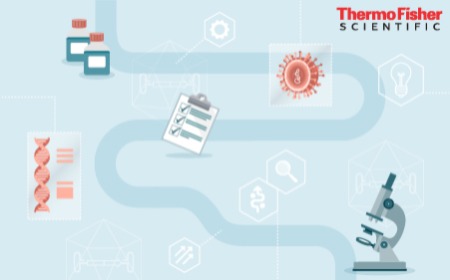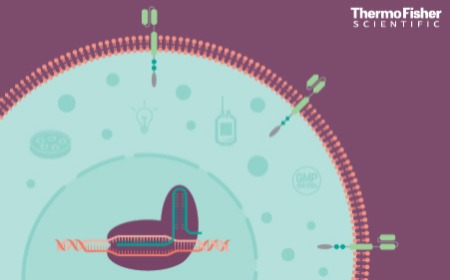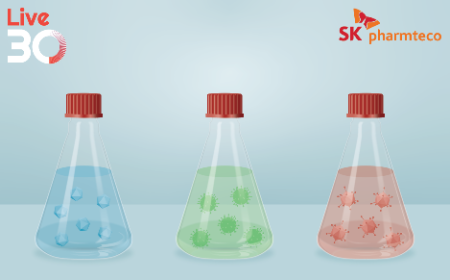Accelerate the scale-up to clinical phase: optimizing stem cell culture performance and viral vector titers

Live30 webinars are thirty-minute presentations designed to update you on the latest innovations, applications, and data in a fast yet interactive format.
Many of the therapies under the regenerative medicine umbrella rely on cell culture media techniques such as mesenchymal stem cells (MSCs), induced pluripotent stem cells (iPSCs), and HEK-293 cells. Regulatory standards for regenerative medicine are particularly stringent when it comes to the raw materials used for cell culture. The US Pharmacopeia has defined different risk-related categories for the raw materials used and emphasizes the importance of sourcing well-characterized raw materials. Integrating high-quality raw materials in the early development stage of cell and gene therapies can streamline the development process and accelerate the regulatory approval of new therapies.
Unlike Fetal Bovine Serum (FBS) or other cell culture media supplements derived from animals, Recombinant Insulin is a low-risk material produced under relevant GMP, with an intended use for the biomanufacturing of therapeutic drugs, including cell therapies and cell-based-gene therapies. By improving the titer of AAV and lentiviral vectors, as well as enhancing hiPSC cell culture, insulin helps overcome another major challenge in regenerative medicine, the need for increased productivity. Its ability to stimulate cell proliferation and productivity makes Recombinant Insulin essential in the development of cell and gene therapies.
- The biological role of insulin in cell culture
- The use of insulin to stimulate stem cell proliferation and to boost viral vector production in HEK293 cells
- Regulatory requirements for the approval of cell and gene therapies
- The use of high quality raw-material at early development stages to speed-up approval process
You might also like

Discover the road to success for viral vector production: strategies, insights, and regulatory considerations

Clinical-scale non-viral gene edited CAR-NK cells for cell therapy

Safeguard your viral vector tech transfer: considerations and case studies


